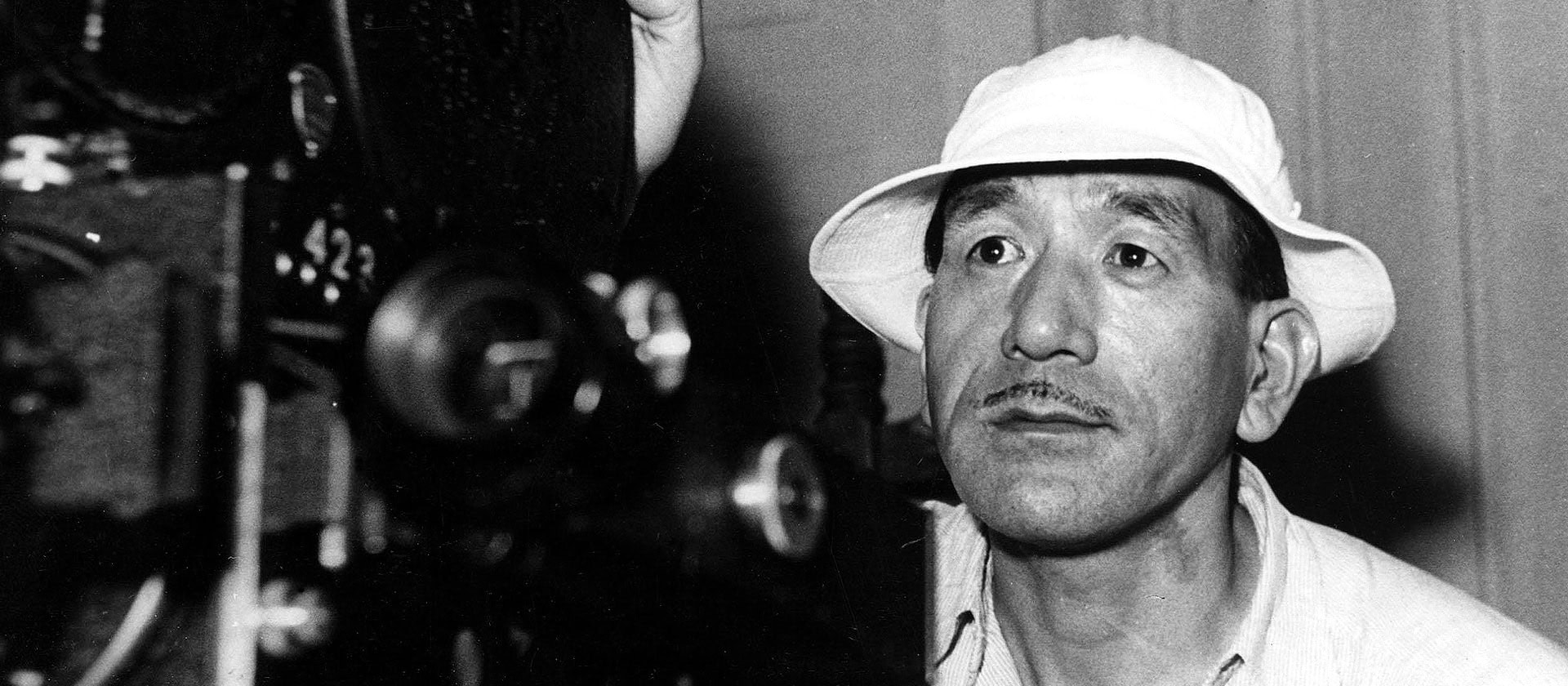
Photo: RGR Collection / Alamy Stock Photo
You may have heard of Japanese filmmaker Yasujiro Ozu in connection with his post-war works that amazed audiences with tragicomic family storylines and an alternative, unprecedentedly precise approach to stage directing, image composition and editing. Yet, Ozu’s highly sophisticated filmmaking strategy is also apparent in the period before the advent of sound cinema during which he made more than three dozen films.
His silent works reflect pragmatic negotiation between Japanese cultural traditions and international, especially Hollywood, filmmaking standards which he quickly embraced and adapted to his own needs. This is obvious in his cinematic style but also in genre patterns of comedy, crime or gangster movies. Compared to his Western colleagues, he had much more time to develop his visual poetics as Japanese cinema converted to sound only in the mid-1930s.
In addition to his systematically developed “signature style”, we aim to explore the dynamic diversity of Ozu’s silent works. We will analyse his iconic films I Was Born, But… (1932) and Passing Fancy (1933) as well as the reactions on Hollywood aesthetics in his socio-critical movie Tokyo Chorus (1931) or family crime drama Dragnet Girl (1933). The showcase will be wrapped up with his last silent and kind of summarising film An Inn in Tokyo (1935).
I believe that this retrospective will not only present Ozu’s early works but it will also serve as a fascinating entrée to Japanese silent cinema. And since silent film screenings in Japan were often accompanied with stunning performances of live narrators called benshi, two of our screenings will be commented on by Ichiro Takaoka, one of contemporary masters of this art.
This year’s live scores will offer a diverse range of artists from all over the world. The screenings accompanied by Ichiro Takaoka, will offer more than just a cinefile experience. He revives the ancient art of a “live narrator” who formed an integral part of Japanese silent film public displays. One of the screenings will also be accompanied by Japanese pianist Reiko Emura.
A more contemporary approach can be expected from German musician Dirk Dresselhaus and his solo project Schneider TMDuring his decades-long career, he has collaborated with names like Hildur Guðnadóttir or Oren Ambarchi and performed at CTM or Sónar festivals.
Italian bassist and musician Massimo Pupillo has also played hundreds of gigs and is best known for heavy music of his band Zu. He collaborated with such names as David Tibet (Current 93), Daniel O’Sullivan (Ulver, Grumbling Fur) or Thurston Moore (Sonic Youth).
The Czech music scene will be represented by Whyohwhy, whose recent debut album Bruises whose recent debut album Bruises belongs among the best indie records of the last few years.
Programmers:
Radomír D. Kokeš, a film historian, analyst and assistant professor at Masaryk University who strives to understand cinema rather than assess it. Apart from his three-decade romance with old, mostly silent movies, he has spent a long time researching narratives of TV series and modern Hollywood films. His work for Summer Film School and research of Czech silent films take him back to his roots.
Viktor Palák, living in the borderland between film and music. He produces a show on Radio Wave, KVIFF experimental section Imagina and regular series of concerts of various genres. He loves cinema of excess, empty narrations, queer pop and Baník Ostrava.
